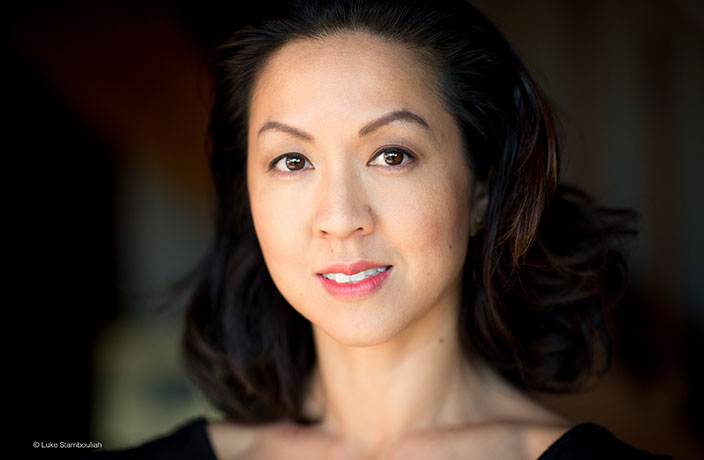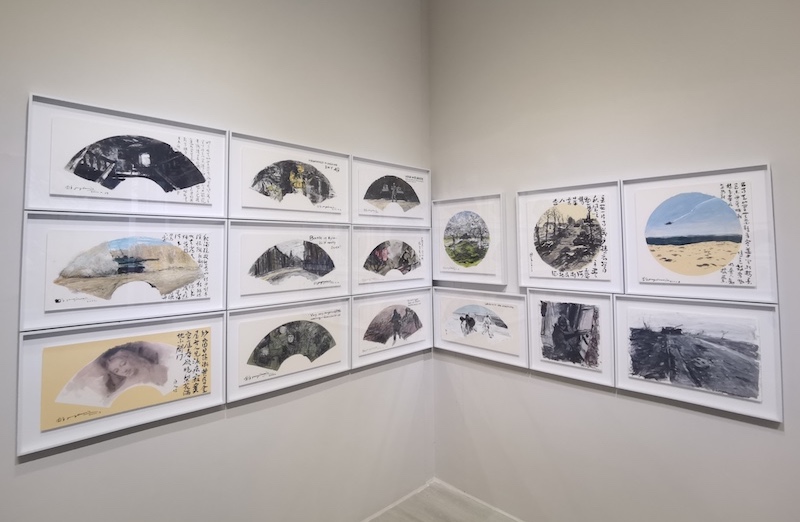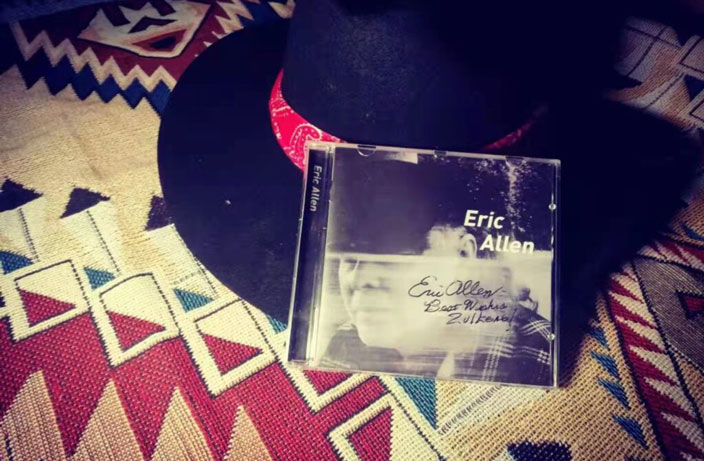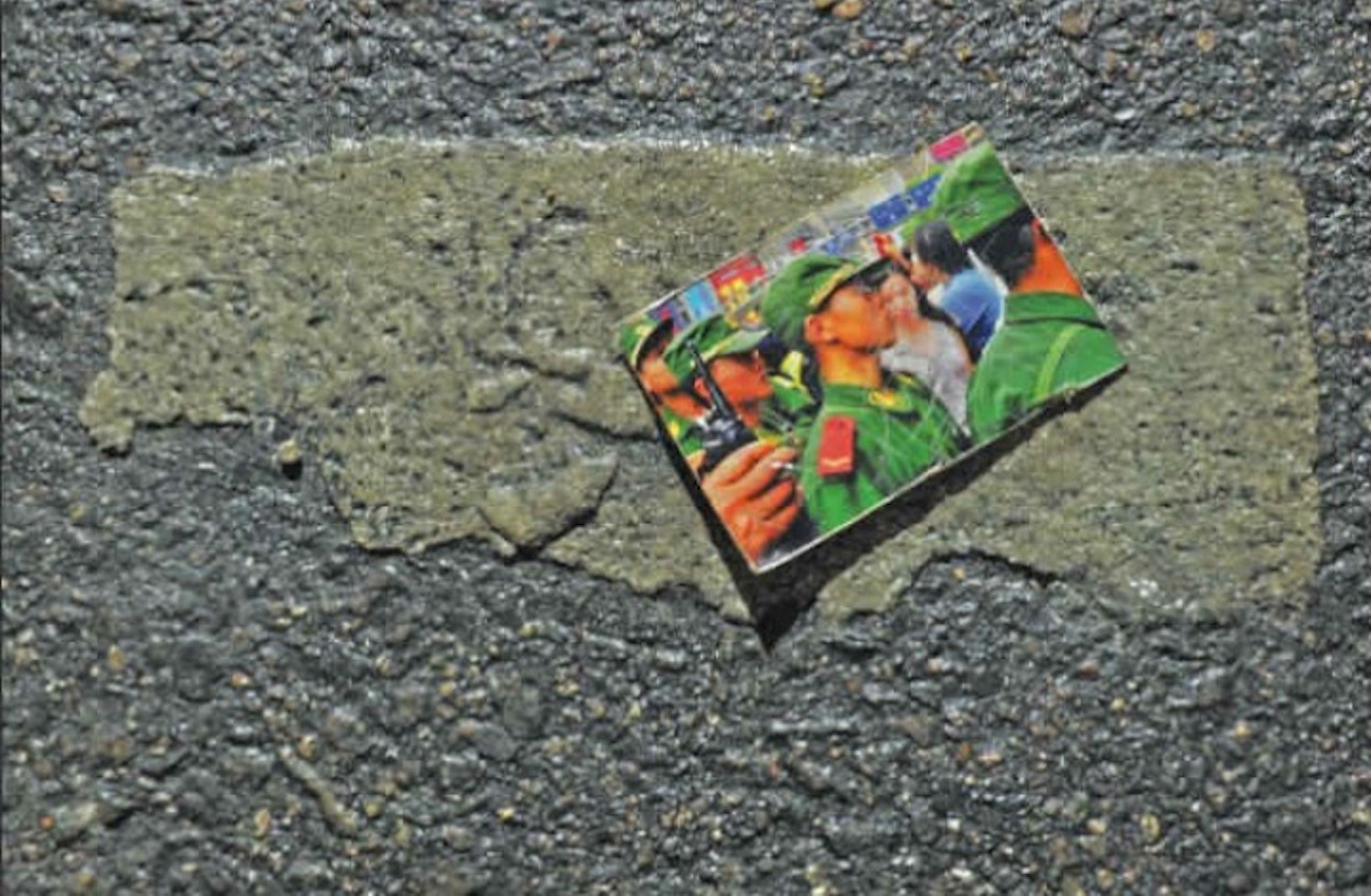Australian Jenevieve Chang moved to Shanghai - via London - to escape the 2008 Global Financial Crisis. A trained dancer, she soon found herself a Chinatown Doll - the famed showgirls of vaudeville, variety and burlesque club Chinatown (since closed, it was located in the buddhist temple that now houses The Pearl). After returning to Australia she wrote a memoir, The Good Girl of Chinatown, recounting her time here, and exploring her past, family and ancestry. She is back in town, holding a memoir writing workshop followed by a discussion of her memoir. We caught up with her for a few questions.
When and how did you come to write the book?
When I first returned to Australia around 2011, I was approached by a literary agent who had heard about my China exploits and asked me if I'd thought about writing about it. I hadn't really, until he planted the idea in my head. Me being me... I ran with it.
The book spans time and space. Jumping back and forth, and from place to place, really works - explain how you came to structure the memoir that way?
The book we have today is pretty different to the one originally conceived. At first, the narrative was solely focused on my contemporary experience as someone returning to China from the diaspora who has this unexpected, larger than life experience.
But the more I grew in confidence with the writing process - delving into the cause and effect chain of storytelling - the more I realized that wasn't really the story I wanted to tell.
A showgirl expose seemed like just another extension of buoying up this persona I'd been conditioned into fashioning. The writer that was emerging in me wanted to tell the story of how I'd ended up in that situation in the first place.
The experiences that might make one susceptible to propping up fantasies, of wanting to run away or escape something. That's when I started making the connection of generations of my family running away: my grandparents running from Communist China; my father running away from survivor's guilt... I realised that that was a more satisfying arc to follow.
It offered me an opportunity to interrogate what I had been running away from all along, and that was my family. The writing process brought me full circle. Hopefully, it's a compelling arc for the reader as well.
Some of the memories seem as though they would have been hard to re-live. Was it a painful process? Cathartic?
The book took me five years to write, and I needed that time to process what it was that was important for me to say. It's often the most painful experiences that shape and define who we are. And I figured if I was going to write a memoir, it would be ahh... somewhat disingenuous to skip over the hard parts.
My most painful recent experience was the lifespan of my marriage. I ended up writing three complete drafts of the book. Between my second and third draft, my editor came to me and was like "Um, there isn't much about your marriage here." And I was like "Really?!" Because in my mind, I had bled my soul out writing about it.
But sure enough, when I went back, it came up to about a chapter and a half's worth. That was an eye opener. The degree to which I was still dancing around the stuff that mattered. So I made quite a conscious decision to get forensic with my pain in my final draft.
There were definitely tears. But that feeling of the work costing something emotionally to land on the page, I think is an important one- because it probably means its getting closer to the truth of what had happened, and its impact.
What about your childhood and relationship with your father?
My father and I have been in/out of estrangement a lot of my life. But I knew that if I was to tell his story, it couldn't come from an angry place. So, I decided to tell the story from the multiple perspectives of family members, namely - my father.
I wanted to get inside his head to try and understand the decisions he made, why he did the things that he did, try to see the world through his eyes. Framing the story like this demanded empathy from me as the writer where my father was a character with deeply human flaws as well as applying a kind of distancing effect.
It's also less about catharsis than bringing craft into the restructuring of memories, subliminally being able to now control what was an uncontrollable situation at the time.
Were you surprized by how well the book was received?
The book has gotten some decent media attention, which is nice. Being a first time writer, I was - and still am - riddled with insecurities. Being told that I can actually write - let alone tell a good story - feels like an achievement.
Do you still keep in touch with the Chinatown crowd?
Some of them, not all. Like with any big, character testing experience - you quickly figure out who your real friends are.
How does it feel to be back in Shanghai?
I adore this city. There's an energy and dynamism here that I find wholly absorbing. I think part of the reason I wrote The Good Girl of Chinatown was to keep the city and its characters close to me while I settled back into a more sedentary Sydney. And once the book was finished, I felt a massive need to come back to reconnect and be re-inspired.
There are many strings to your bow. What next?
One of the best things moving from being a dancer to being a writer is being given a voice. It's an occupational hazard that sadly, too many dancers have thrust on them - to be seen and not heard. It's not something that ever sat very comfortably on me. So, now that I'm in a line of work where ideas and opinions are the currency - I really just want to keep flexing that muscle. I want to tell more stories.
Sep 16, workshop 1pm, RMB250 (includes drink), talk 4pm, RMB100 (includes drink) or both, RMB300. Students with a valid student ID get in for half price to the talk. The Tavern Radisson Blu Plaza Xingguo Hotel, see event listings for the workshop and talk.
The Good Girl of Chinatown is available at Garden Books.
[Images via Penguin]





















0 User Comments